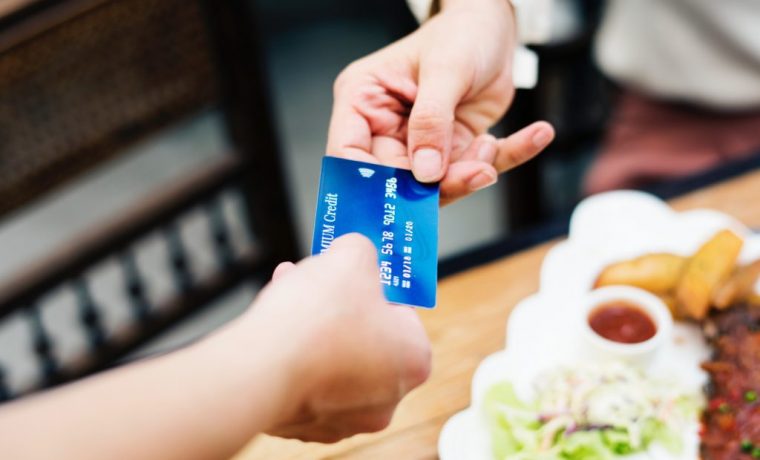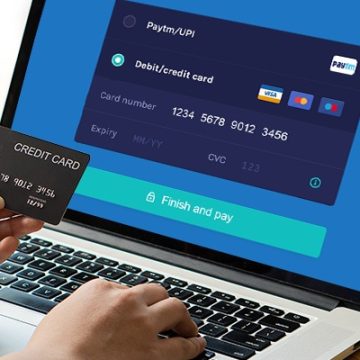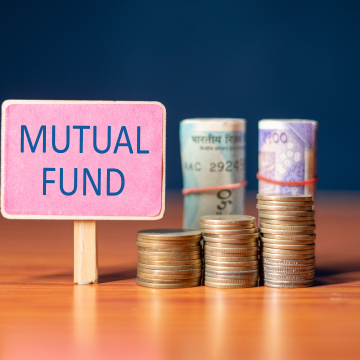Why does it seem that no matter what you do, how many hours you put in, how much you try to save, you never have enough money? You stumble with problem after problem and struggle to keep your head above water. Something’s got to give, however, you have no idea what to do to change your financial circumstances. Though this truth may come as a shock, the issue with your finances could very well be you.
Knowingly and unknowingly people make poor financial decisions on a daily basis that develop into a habit. The habits may seem smart in some instances, and in others, it seems so small in the grand scheme of things. Be that as it may, if you don’t stop these financial habits listed below, your financial circumstances won’t change anytime soon.
No Emergency Savings
Not having a nest egg to cover you financially in the event of an emergency is one of the most common mistakes people make. It may seem that the money is best spent on bills or luxuries, however, when things go wrong and money is tight, not having anything to fall back on puts you in a serious jam. All it takes is getting fired from a job, a pay cut, a high medical bill, or a dead car battery to throw things out of whack.
Break the Habit: If you’re dealing with a financial emergency at the moment, an immediate solution for some may be a payroll advance loan. This is a short-term loan provided to eligible borrowers within one business day. You can take care of your emergency and include the monthly installment payments in your budget to repay the loan.
All you have to do to break the habit of not saving for emergencies is save. Whether it’s a dollar a day, $10 a week, or $100 a month. Start putting money into an account that is only to be used for a rainy day. Using automatic saving plans through your bank can make it easier to develop a saving habit.
Constantly Paying Bills Late
Paying your bills late does more than just ruin your credit rating, it also digs deeper into your pockets. Every day that a bill is late, there is interest and late fees tacked onto the total amount due. Though some companies do provide a grace period if you miss that you’re wasting money.
Break the Habit: Start paying your bills on time. There are a few ways you can do this. You can set up automatic bill pay with your bank or creditor so that the funds are automatically withdrawn from your account and applied to the bill on the day it’s due. You can set reminders on your phone or calendar. You can also break bills into weekly or bi-weekly payments if trying to pay all at once is too expensive.
Not Having a Budget
You’d be surprised how many people fail to budget. Some believe budgeting to be too difficult and time-consuming, while others simply find them unnecessary. The truth, however, is that without a budget people often live beyond their means, fall into debt, and fail to save.
Break the Habit: There are a lot of budgeting resources out there that you can take advantage of. You can use online templates as examples of how to model your household budget. You can also use budgeting apps which help to integrate your expenses, savings, and income on one platform to make it easier to manage.
On the surface, it might not seem like a big deal that you don’t have a savings account, you pay your bills late every month, or you’re not sticking to a budget, but in the end, these things can ruin your finances. Consequences include ruined credit, increased debt, unresolved financial emergencies, and more. To safeguard yourself it is best to start breaking those habits and replacing them with better ones.
















